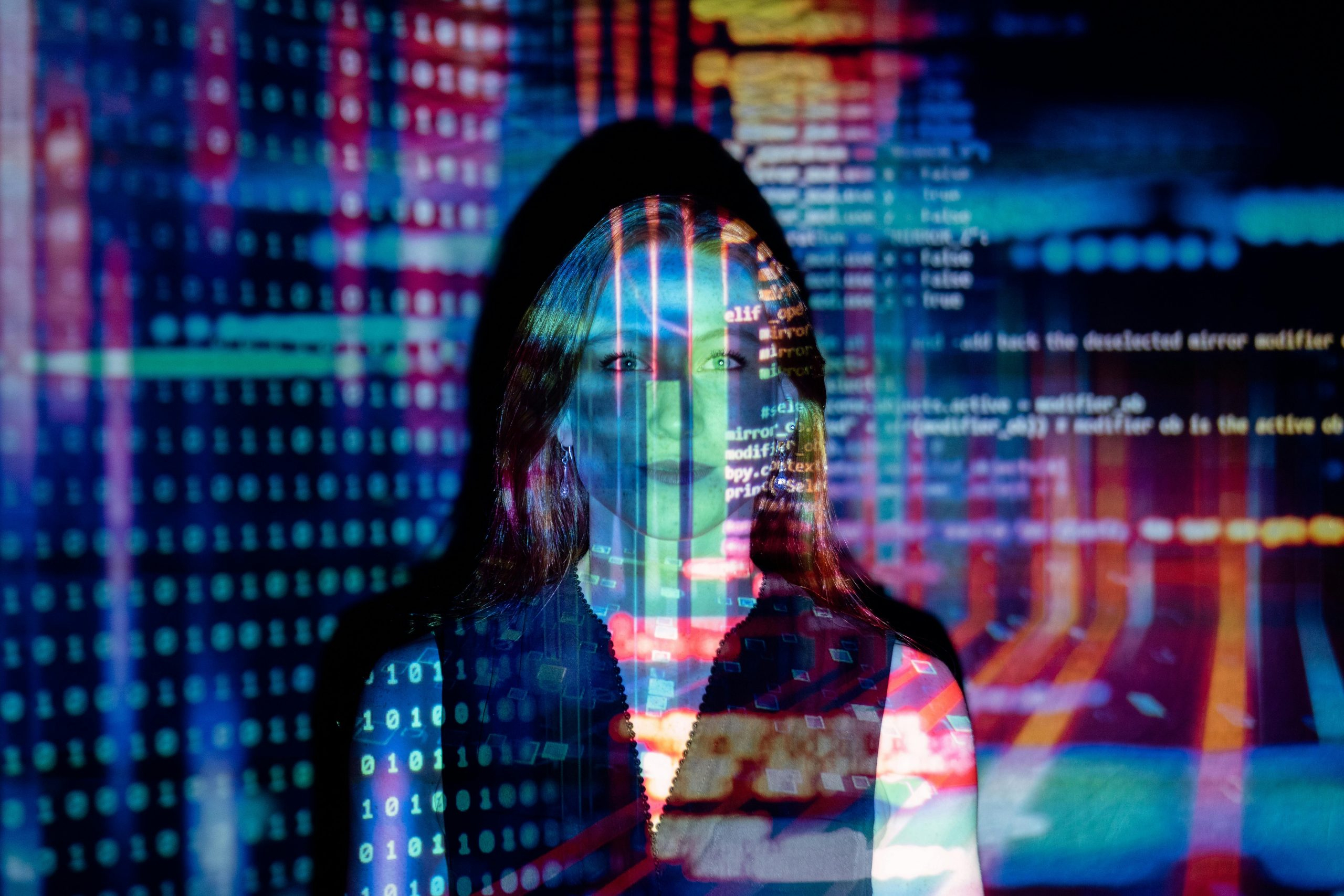The Impact of AI on Future Job Opportunities
The advancement of technology has led to significant changes in the way we live, work, and interact with each other. One of the most prominent technologies that have emerged in recent years is artificial intelligence (AI). This technology has impacted various industries, and in particular, it has sparked discussions about its impact on future job opportunities. Some argue that AI will replace human workers and lead to widespread unemployment, while others believe that it will create new job opportunities. In this article, we will explore the impact of AI on future job opportunities and the potential changes it may bring to the workforce.
The Growth of AI
The concept of AI has been around for decades, but recent advancements in machine learning and the availability of big data have accelerated its development. AI refers to the development of computer systems that can perform tasks that typically require human intelligence, such as visual perception, speech recognition, decision-making, and language translation. With the increasing amount of data being generated every day, AI has the potential to transform the way we live and work.
The Impact of AI on Future Job Opportunities
One of the biggest concerns when it comes to AI is its impact on future job opportunities. Some experts predict that AI will replace human workers, resulting in the loss of millions of jobs. A study by Oxford University estimated that nearly 47% of US jobs are at risk of being automated in the next two decades. This has caused fear and uncertainty among workers, as they worry about their job security and future employability.
However, not all hope is lost. While AI may displace certain jobs, it also has the potential to create new ones. According to the World Economic Forum, AI will create 2.3 million jobs by 2020. These jobs will be in fields such as data analysis, software engineering, and digital marketing. As AI technology continues to advance, there will be a growing demand for skilled workers who can develop, implement, and manage AI systems.
The Changing Nature of Work
As AI becomes more prevalent in the workplace, the nature of work will also change. Routine tasks that are repetitive and time-consuming will be automated, freeing up employees to focus on higher-value tasks. This will lead to a shift in the skillset required by workers. Soft skills such as critical thinking, problem-solving, and creativity will be in high demand as these are areas where machines still struggle to replicate human capabilities.
Furthermore, AI has the potential to lead to the creation of hybrid jobs, where humans and machines work together. These jobs will require a combination of technical and soft skills. For instance, healthcare professionals will need to have medical knowledge as well as the ability to work with AI-powered tools for diagnosis and treatment.
New Opportunities for Upskilling and Reskilling
In order for the workforce to keep up with the advancements in AI, there will be a need for continuous upskilling and reskilling. The skills required in the job market will constantly evolve, and workers will need to adapt to stay relevant. This presents opportunities for individuals to acquire new skills and increase their employability. Companies will also need to invest in training and development programs for their employees to keep up with the changes.
A Chance to Create a More Inclusive Workforce
As AI takes over routine and mundane tasks, workers will have more opportunities to focus on areas where they excel. This can lead to a more inclusive workforce, where people with disabilities or those who face physical limitations can participate in the workforce. With the help of assistive AI technology, tasks can be customized to cater to individual needs, making it easier for everyone to contribute to the workforce.
Conclusion
While there are concerns about AI replacing human workers, its impact on future job opportunities is not all negative. AI may displace certain jobs, but it also has the potential to create new ones and change the nature of work. As technology continues to evolve, it is important for individuals and companies to adapt and embrace these changes. By upskilling and reskilling, we can create a more inclusive and technologically advanced workforce that will be better equipped to face the future.










